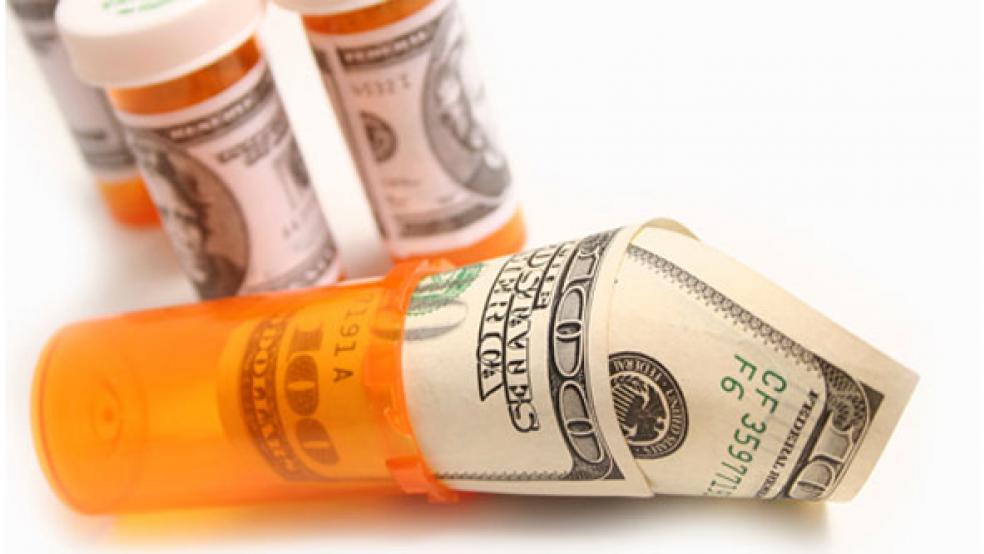A new study by Avalere Health, a nonpartisan health consulting firm, found that insurance premiums sold on the federal exchange could surge by an average of 255 percent if the Supreme Court rules against Obamacare and subsidies are eliminated.
The study found that premium hikes varied depending on the state. For example, Florida would see average rate hikes of more than 300 percent, while Alaska would jump by an average of 449 percent and Mississippi would surge by 779 percent.
Related: GOP Predicts SCOTUS Will Rule Against Obamacare
Such a ruling in the high-stakes case of King v. Burwell would directly affect nearly eight million people who receive subsidized health coverage through the federal exchange, which services people in 37 states that opted not to create their own exchanges, and many of those people would be unable to continue to afford health insurance.
The plaintiffs in the case say that language in the Affordable Care Act only mentions providing subsidies for people living in states that created their own exchanges under the law—meaning everyone else has been receiving them illegally. The administration disagrees and says the law has always intended to extend subsidized coverage to all income eligible Americans.
If the court sides with the plaintiff, people on the federal exchange will lose their subsidies and be forced to pay insurance premiums that are, in some cases, triple what they pay now.
What’s worse, if these people are forced to drop their coverage, they’ll disappear from the insurance risk pool, sending the markets into a tailspin and driving premiums up for everyone in those markets.
Related: Four Little Words That Could Kill Obamacare
America’s Health Insurance Plans, the top trade group for the health insurance industry expressed that concern in a brief filed ahead of the case.
“It would leave consumers in those states with a more unstable market and far higher costs than if the Affordable Care Act had not been enacted,” AHIP wrote.
Avalere’s study is just latest warning by experts of the serious implications an adverse court ruling could have on millions of Americans and the entire health care industry.
The Supreme Court will begin oral arguments next week. A decision is expected in June.
Top Reads from The Fiscal Times:





